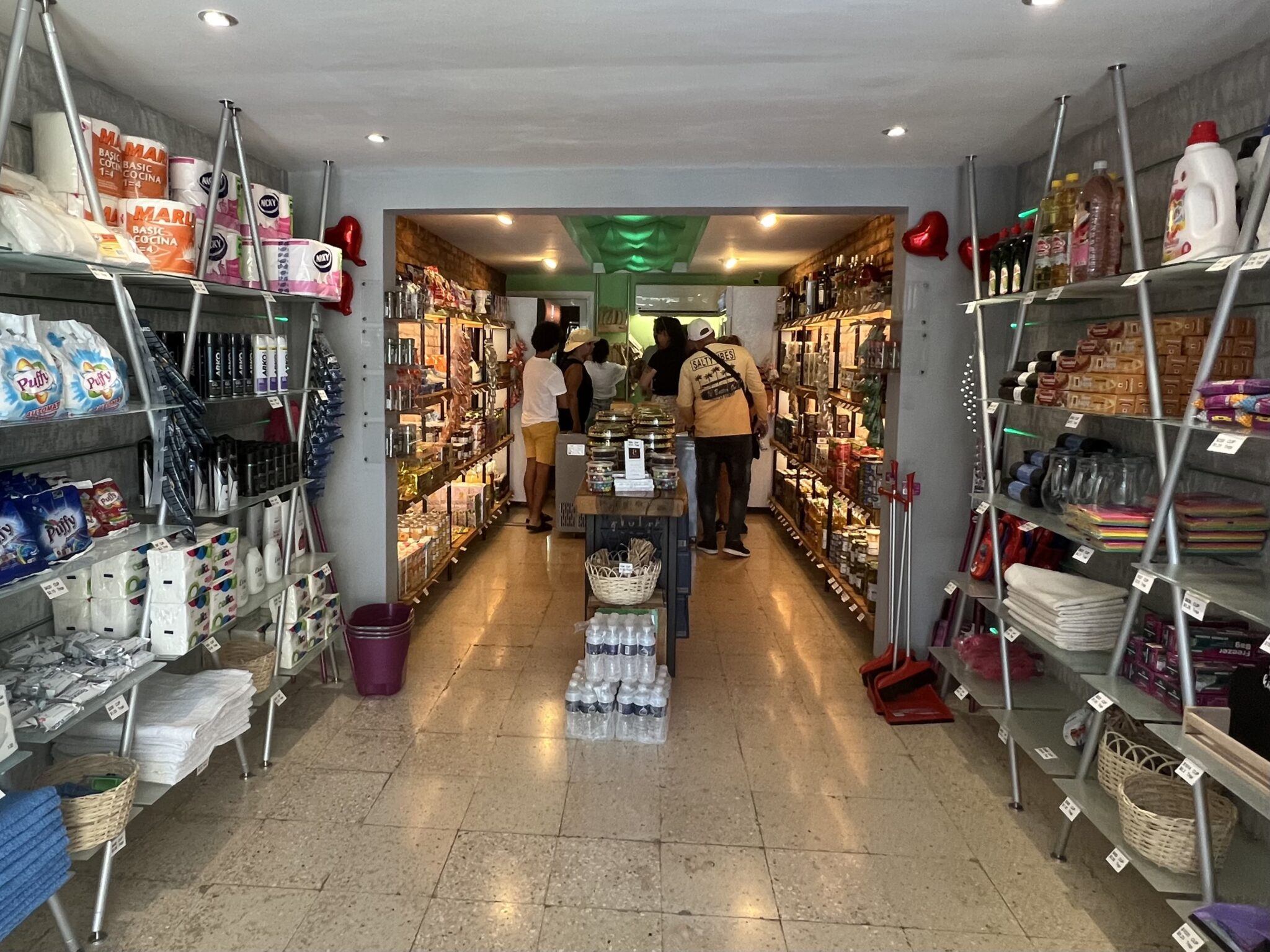Private enterprise makes comeback in Cuba after six decades of socialism. Will it last?

Over the past two years a new kind of revolution has been quietly taking place in Cuba: Private businesses, banished from the island by Fidel Castro more than 60 years ago, are making a strong comeback, employing more people than state enterprises, gaining trust from foreign creditors and helping put food on Cubans’ tables at a time of widespread scarcity.
In news that would have shocked communist hardliners just a few years ago, Cuba’s economy minister, Alejandro Gil, said during a recent address to the National Assembly that the private sector is on track to buy over a billion dollars in goods by the end of the year — outpacing the government as the country’s largest importer.
On the streets, private grocery stores are taking the place of the empty-shelf government supermarkets, and all sorts of businesses are filling the space once monopolized by the state.
Some restaurant owners are now opening chains or franchises. Others are entering partnerships with cash-strapped local enterprises owned by the state and paying in foreign currency for the supplies needed for their production lines.
In provinces like Holguín, Pinar del Río and Sancti Spíritus, private businesses buy flour abroad that they then resell to local government bakeries that sell to the population.
And the whole sector is thriving mainly outside the state financial system, meaning less money goes to government coffers.
It is a development Cuban leaders have long resisted because it aims at the heart of the state-controlled Marxist economy. They’ve had no choice but to allow it amid the most severe economic crisis since the end of Soviet subsidies in the early 1990s. And despite the many government controls and restrictions in place — and efforts to avoid references to capitalism — the private-sector boom is making Cuba look less like the highly centralized socialist economy once devised by Castro and more like a country in transition, where a nascent business community coexists with inefficient state companies — at least for now.
“It is an unprecedented change, a paradigm shift in Cuba,” said Oniel Díaz Castellanos, founder of Auge, a private business in Havana that offers accounting, design and other corporate services to private companies. “The vision that in Cuba economic activity could only be developed or controlled by the state has been put to an end, and with that, the idea that everything that was out of their control was either illegal or not socially accepted.”
To Díaz, this is an economic transformation with social and political implications, he says, because “now you have a group of people in the country who carry out their economic activities outside the purview of the state.”
Thousands of new companies
The new small and medium-sized private enterprises, first allowed by the government in August 2021, “are now scaling businesses to a degree that was unimaginable just a couple of years ago,” said Ricardo Herrero, the executive director of the Cuba Study Group, a Cuban American organization that helps train entrepreneurs on the island.
In recent trips to Cuba, he said, he has encountered “a sense of despair and lack of hope, and everybody’s leaving — but you have a growing number of individuals who are finding an opportunity to do something unprecedented on the ground that is very different from anything that came before.”
These entrepreneurs, Herrero added, “share similar value sets with entrepreneurs here in the United States. These are people who want the government off their backs and want to see better relations between the United States and Cuba, particularly between Cuba and the diaspora. They see the diaspora not only as their natural partners but also their natural market.”
Discreetly and “away from political polarization,” some Cubans living in Miami are even owners or partners in some of these private companies, Díaz, the Auge founder, said. Cuban legislation allows Cubans who live outside the country but who have not lost their permanent residence on the island to register small and medium-sized businesses.
“I know several, and it is increasingly common to see how Cubans who reside in Miami, in the United States, in Panama, in Spain, although they no longer have their permanent life in Cuba because they live in another country, have decided to take advantage of this opportunity,” Diaz said. “And that’s a change.”
Read the full article in the Miami Herald.
VIEW ORIGINAL ARTICLE